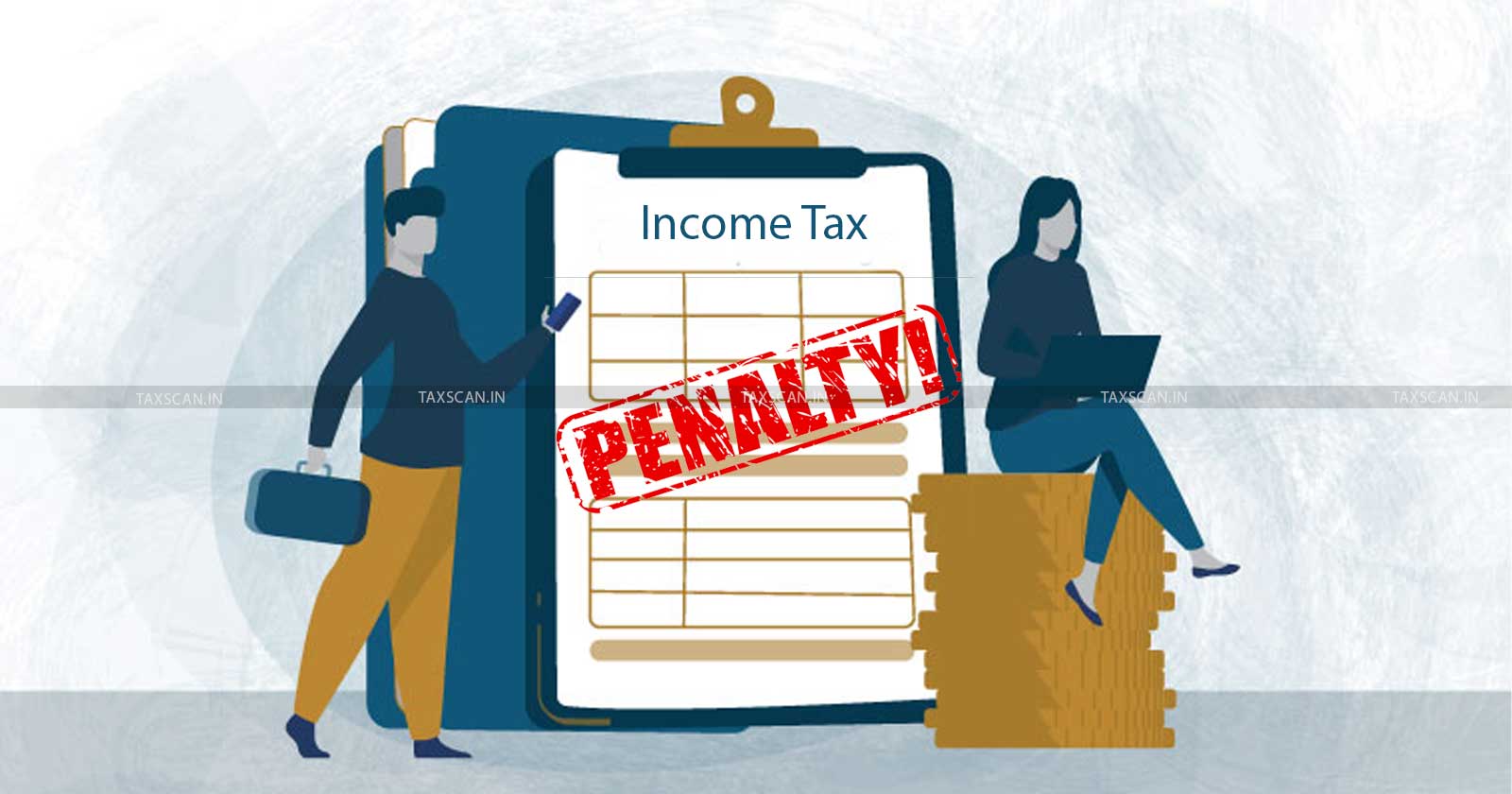No Proof from Assessee, No Comparables from Income Tax Dept: ITAT cuts Ad Hoc Disallowance to 4% from 10%, Says Not to be treated as Precedent [Read Order]
Neither side proved its case entirely, the assessee lacked full supporting evidence, while the Revenue failed to justify its 10% ad hoc disallowance with any comparables or clear basis.
![No Proof from Assessee, No Comparables from Income Tax Dept: ITAT cuts Ad Hoc Disallowance to 4% from 10%, Says Not to be treated as Precedent [Read Order] No Proof from Assessee, No Comparables from Income Tax Dept: ITAT cuts Ad Hoc Disallowance to 4% from 10%, Says Not to be treated as Precedent [Read Order]](https://images.taxscan.in/h-upload/2025/06/30/2057049-itat-disallowance.webp)
The Delhi Bench of the Income Tax Appellate Tribunal ( ITAT ) has scaled down an ad hoc disallowance made by the Assessing Officer ( AO ) on various business expenses, citing lack of proper evidence from both sides.
The case arose when the AO disallowed 10% of total expenses claimed under Employee Benefit Expenses, Power and Fuel, and Repairs and Maintenance, amounting to an addition of over ₹17 lakh for Assessment Year 2017-18.
The disallowance was made purely on estimation, with the AO relying on broad suspicions and general observations about possible unverifiable elements in the expenditure, but without citing any specific instance of false or inflated claims.
Practical Case Studies in Forensic Accounting & Corporate Fraud Investigation - CLICK HERE
On appeal, the assessee argued that the addition was made without considering the explanations and supporting documents submitted during assessment proceedings and that the CIT(A) dismissed the appeal mechanically for non-compliance, ignoring the revised Form 35 filed within the extended time.
The Revenue, on the other hand, argued that the disallowance was justified in the absence of complete supporting proof for each expense head.
After considering the submissions, the ITAT observed that neither party’s position could be accepted in full. While the assessee failed to substantiate all its claims with concrete documentary evidence to rebut the AO’s suspicion fully, the Revenue too failed to justify the 10% ad hoc disallowance by bringing on record any industry comparables or benchmark to support the percentage applied. The Tribunal stressed that any estimate must be reasonable and supported by some basis rather than being purely arbitrary.
The bench of Amitabh Shukla (Accountant member) and Mahavir Singh (Vice President) deemed it appropriate to reduce the disallowance to 4% of the total disputed expenses instead of 10%. The Tribunal clarified that this reduction was made only to resolve the dispute in the larger interest of justice and should not be treated as a binding precedent for future cases.
The AO was directed to recompute the total income accordingly.
Step by Step Guide of Preparing Company Balance Sheet and Profit & Loss Account CLICK HERE
 Also Read:Income Tax Penalty Notice Not Properly Served Initially, Reminded after 4 Months of its Issuance: Madras HC Directs Decision After Hearing [Read Order]
Also Read:Income Tax Penalty Notice Not Properly Served Initially, Reminded after 4 Months of its Issuance: Madras HC Directs Decision After Hearing [Read Order]
Support our journalism by subscribing to Taxscan premium. Follow us on Telegram for quick updates


